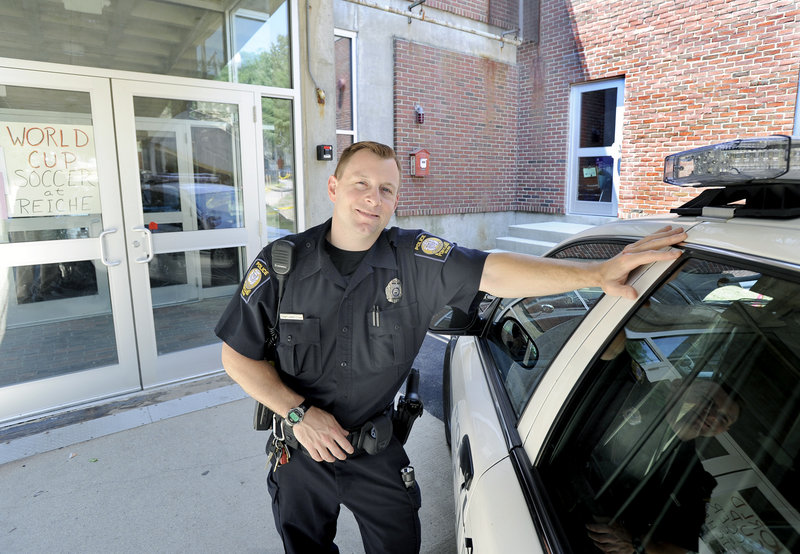The move of the West End Community Policing Center to the Reiche School’s community center gives the neighborhood’s permanent police presence a more visible location.
That is important because it reinforces the center’s ability to practice the underlying philosophy of community (or “neighborhood”) policing in addressing the causes of crime.
Everyone’s familiar with the standard detective-story plot: A crime is committed and discovered; the police are called and an investigation is conducted in which witnesses are interviewed, clues and evidence are gathered and, despite several false starts and fruitless theories about the crime, eventually the real criminal is identified and brought to justice.
That, in stylized and fictional form, is what is called “problem-focused” or “incident-focused” policing. It concentrates on solving crimes after they occur and measures its success by the number of cases “cleared” by police.
Most crimes are not all that complicated to resolve, and arrests, if they occur, are usually made fairly rapidly.
Community policing starts from a different premise, and its primary focus is on crime prevention rather than crime resolution — even though, when it is done effectively, it also aids in boosting a department’s clearance rate by a substantial percentage.
Community policing centers let their officers get to know the people in their neighborhoods. They establish personal relationships and build trust that can keep authorities informed about local situations before they become the causes of actual crimes.
That trust-building process doesn’t happen overnight, which is why a community can’t just send a few officers into one neighborhood and expect to see immediate results.
Nor can it keep moving them around and gain the benefits that a permanent site in a highly visible and well-used spot would provide.
Now that the West End center has such a site, its staff will likely be more effective in keeping its neighborhood peaceful.
The best way to solve a crime, after all, is to prevent it from happening.
Send questions/comments to the editors.


